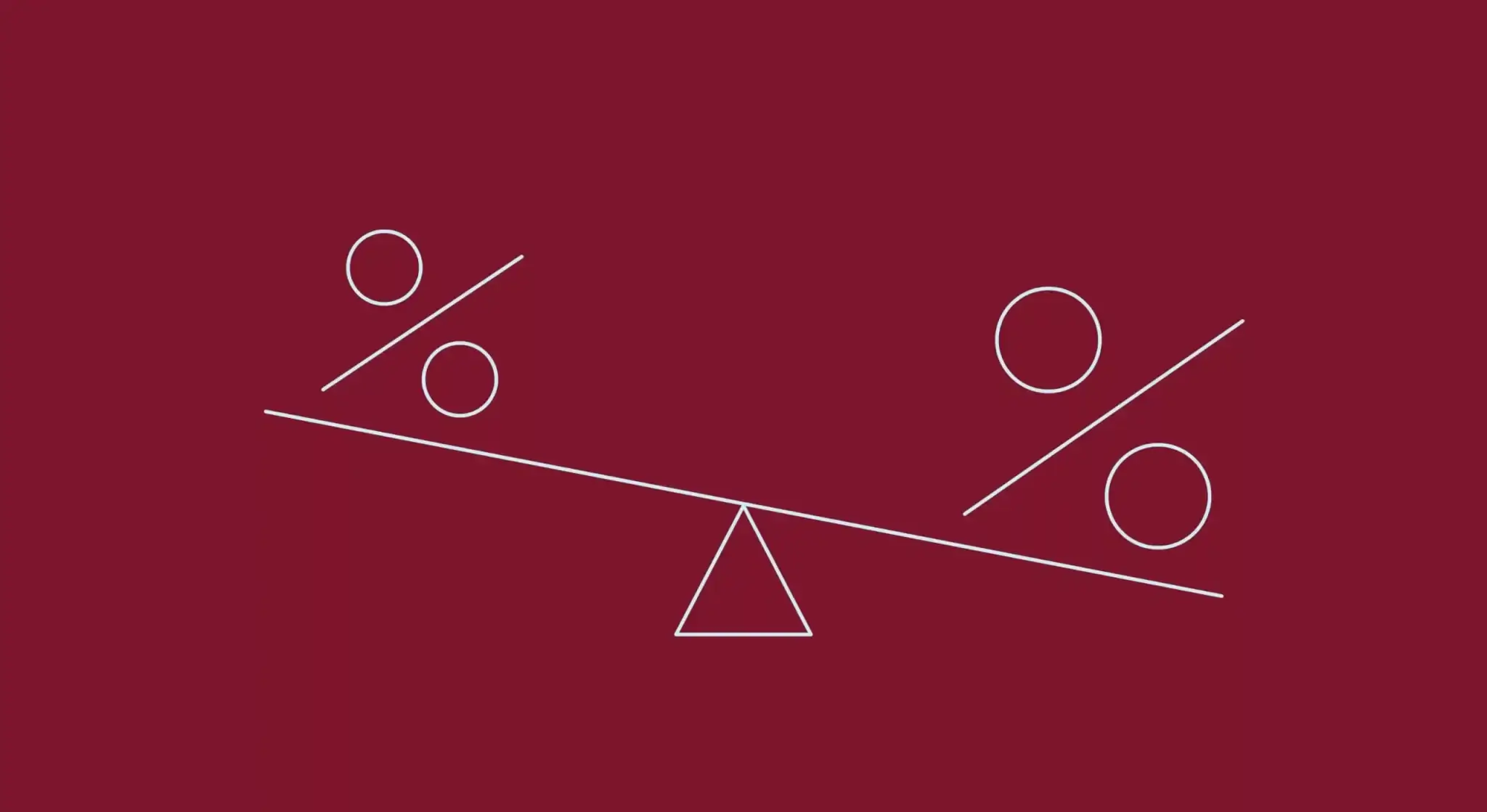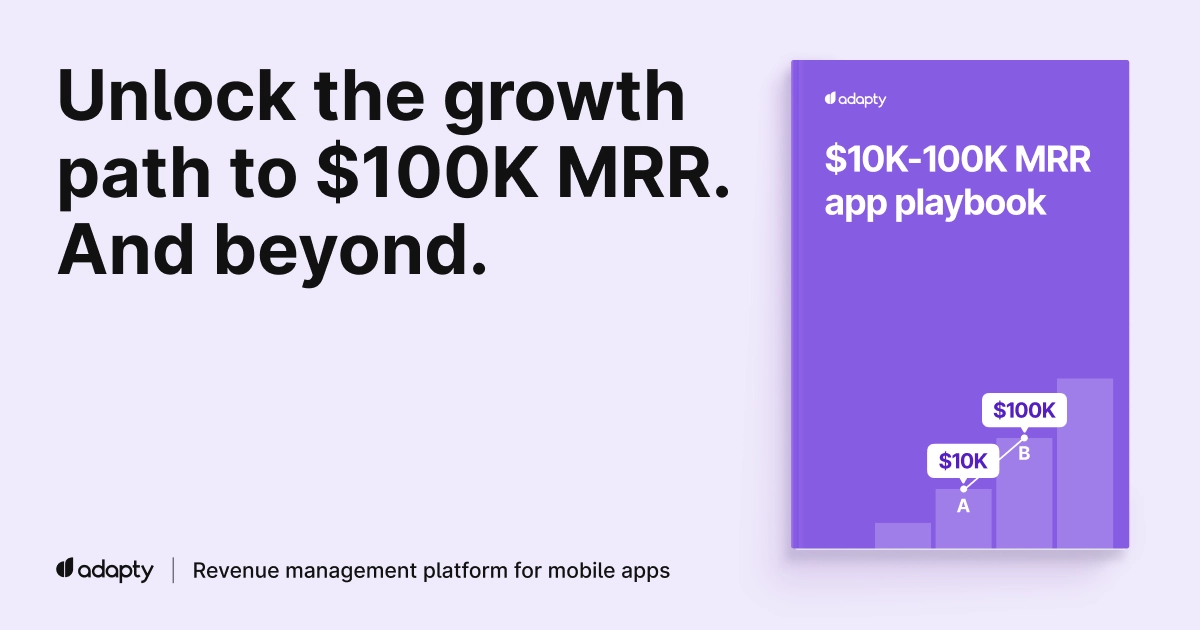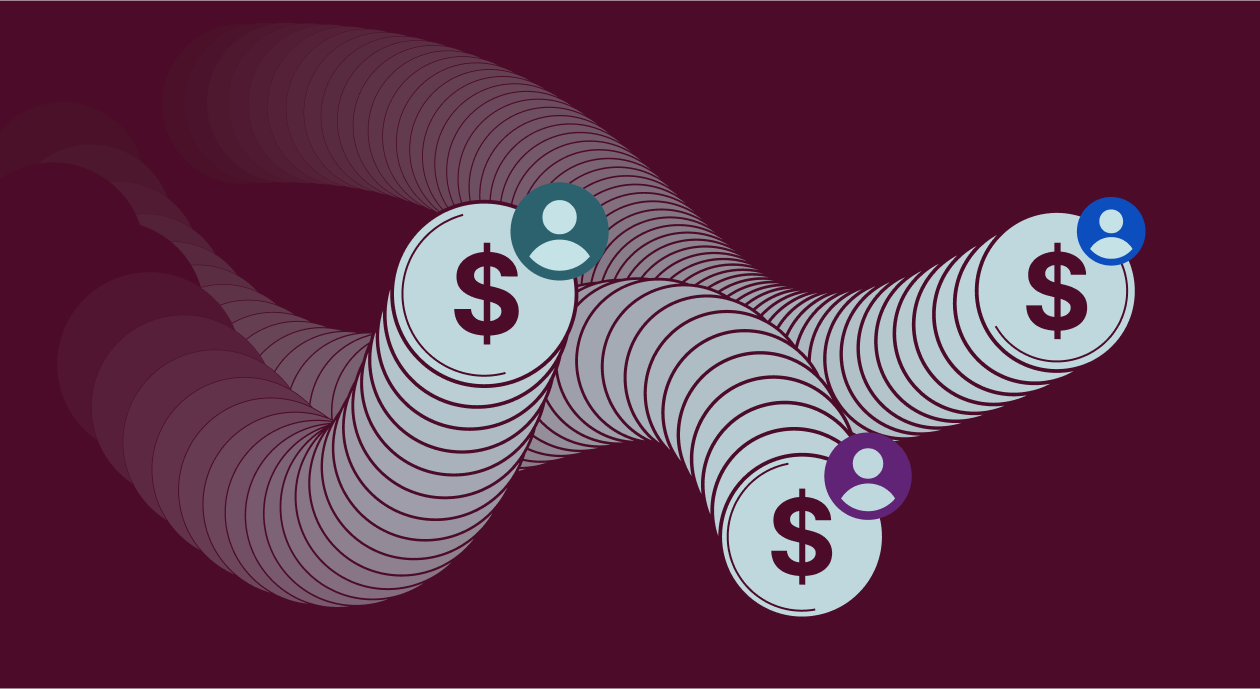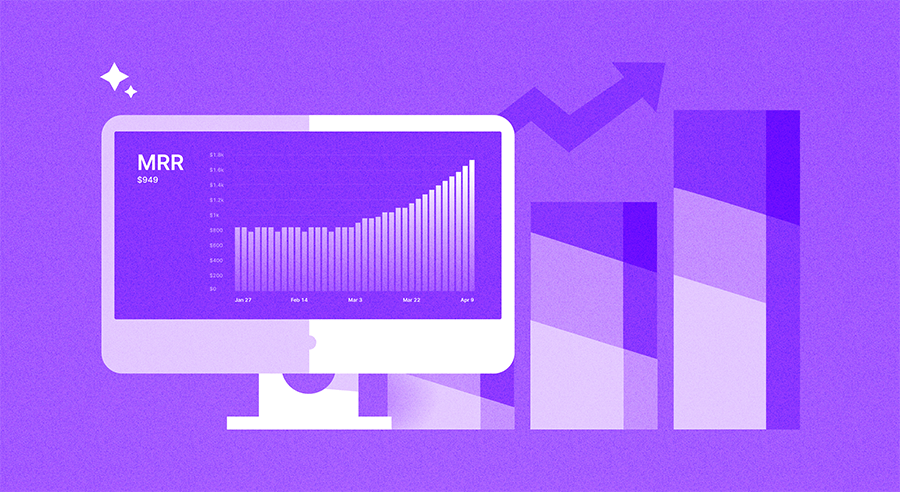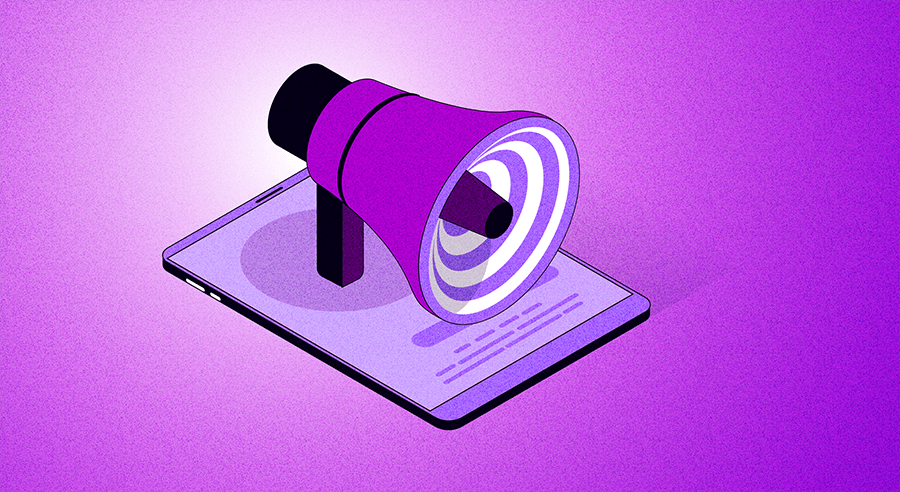It all started last Tuesday, June 16th with a rejection of a buzzy email subscription app called Hey from being updated in the App Store. The reason was Hey didn’t use in-app purchases as it’s supposedly required by Apple Guidelines.

Later Apply doubled down on its decision in an email to Basecamp founder outlining the App Store rules Hey app breaks and advising the company to adhere to developer guidelines in case Basecamp wishes to continue updating the software on iOS or release it for the Mac.
This sparks a broad protest and insurrection amongst the iOS developers community. Many founders of app-focused companies confessed they were too afraid of Apple’s power to takedown any of their applications so they never shared negative feedback on obscure and sometimes picky App Store review process.
For the longest time, I’ve been afraid to speak up about my story with App Review, fearing I’d put my popular app at risk. I’ve now decided that being transparent and sharing my experience to help others is worth it, so here it goes:
All this happening at hard times for the company which is now facing down two antitrust investigations in the European Union which started after Spotify along with other tech firms lodged complaints against Apple over its 30 percent “Apple tax” and the threats Apple’s App Store processes may pose to competitive markets.
History of Apple’s 30% cut
Talks about 30% revenue cut being too high have been active pretty much since the launch of the App Store. However, the answer to the question of why it is set to this exact level is still open. According to WSJ’s interview with Steve Jobs, he got the idea of 70–30 split from iTunes’ 30 cents per song fees. Below is an excerpt from the article:
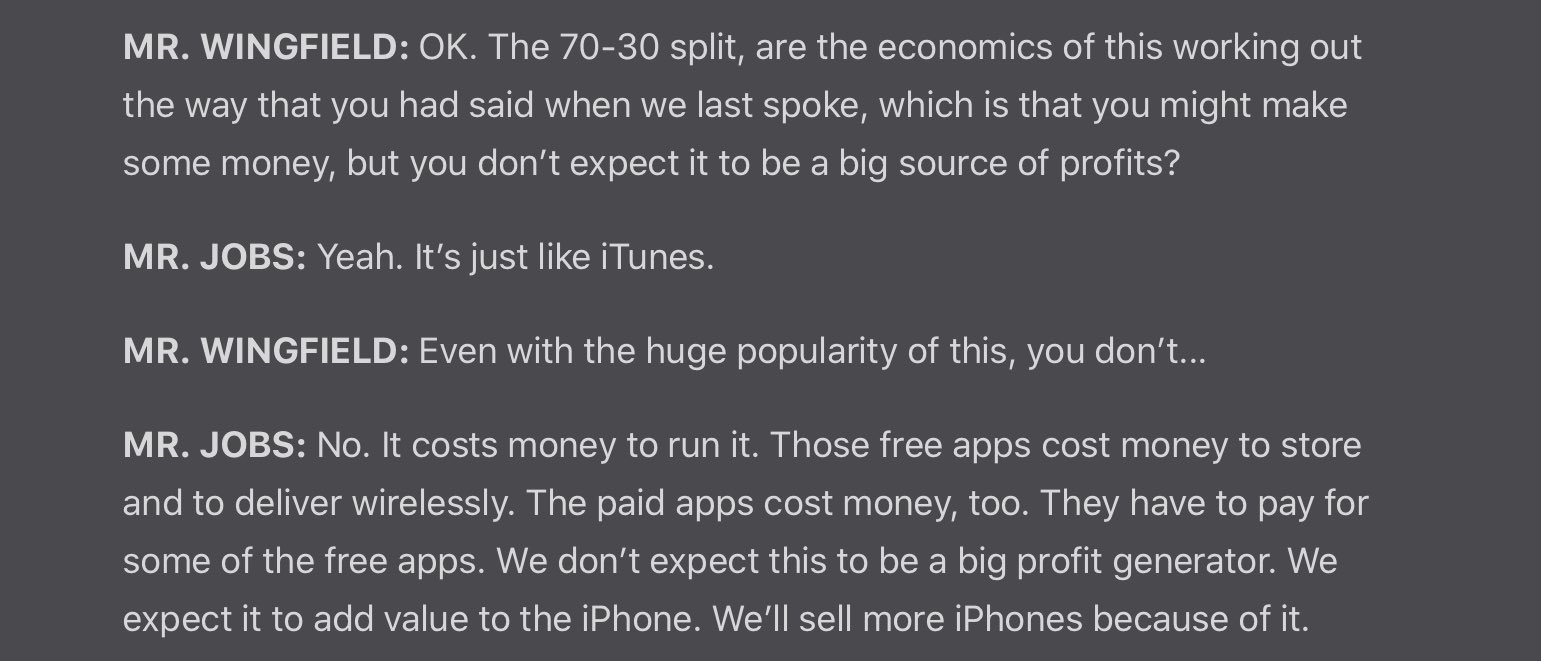
Jobs may have meant that the App Store wouldn’t be a profit generator like iTunes though so it’s vague whether fees are related in fact.
Even though Apple Tax may look high it’s very common across the industry. We’ve analyzed what fees are applied in other similar ecosystem and put them together in one table:
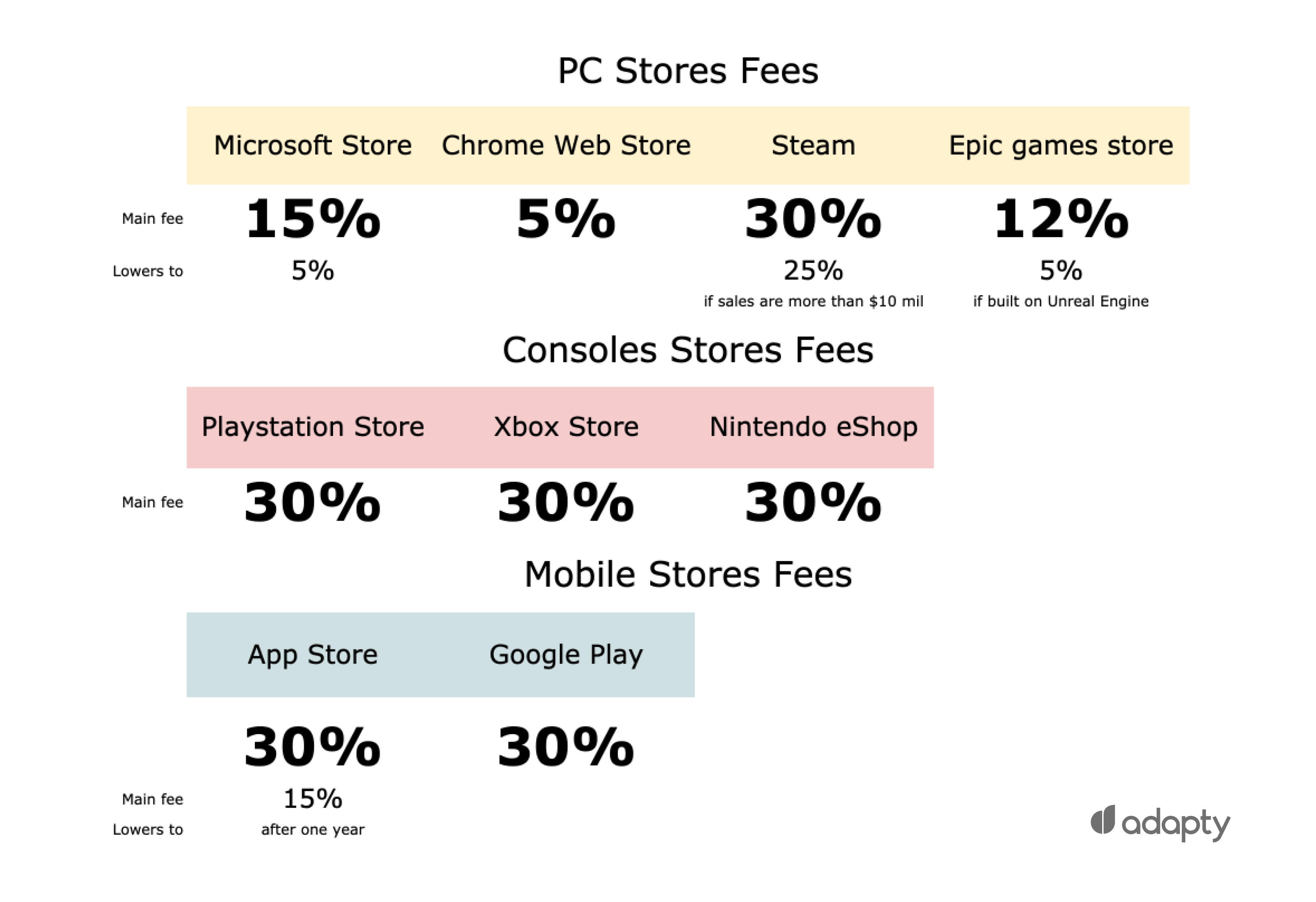
PC Stores’ cuts are most scattered ranging from 5% in Chrome Web Store to 30% in Valve’s Steam. Nevertheless, PC platform is the one showing a slow transition to lower commission levels — Epic games store launched in December 2018 with just 12% cut opposing to rivaling Steam’s 30%. Microsoft has also recently reduced its fee from 30% to 15% in case when users download the app from the store’s listing and to 5% in case the app was installed via direct link.
In contrast, mobile and games stores are alike in terms of the commission having 30% for Playstation, Xbox, and Nintendo stores.
P.S. 3 hours before WWDC Apple has approved Hey app without IAP. Does that mean IAP rules or fees ever change in Apple ecosystem? Will see.
Apple has approved HEY for iOS 1.0.2 without IAP!! We’ve submitted 1.0.3 for final, definitive approval with a new free option and HEY for Work. SO NOW WE WAIT. CAN THIS STAND-OFF END IN A TRUCE?
To implement in-apps hassle-free in your iOS and Android apps with top features like visual paywalls, payment pages A/B-tests and support of promo offers, get Adapty SDK and start your Free Trial now.

